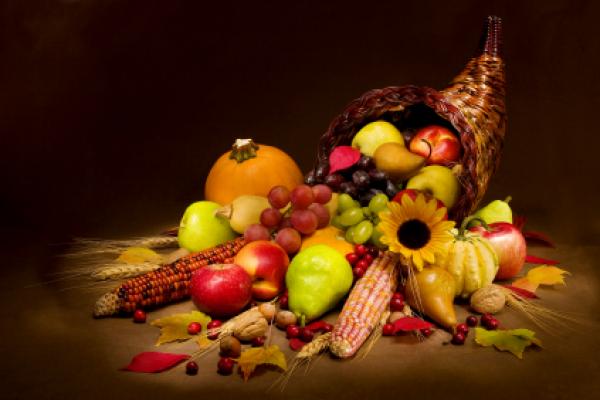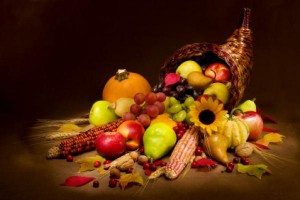The Tradition of Thanksgiving and its Origin

Thanksgiving officially became a holiday in 1863. During the Civil War, President Abraham Lincoln proclaimed a national day of “Thanksgiving and Praise to our beneficent Father who dwelleth in the Heavens.”
However, the first official dinner originated in 1621. Even though this dinner was the first of many, it did not uphold tradition until President Lincoln made it an official holiday.
Pilgrims traveling from England who have been often thought of as colonizing Plymouth, MA did not in fact give Plymouth its name. Traveling from Plymouth, England it is assumed that the colonists gave Plymouth, MA its name, but the name was already given based on maps that navigators of the oceans used to reach America.
In fact, many of the Pilgrims had already been to America before and did not bring over dominating religious beliefs as previously thought by many. Instead, they were more open to other religions than the Purist religion and many did not believe marriage was a religious act, but a civil agreement.
Another notable fact of the first dinner is the food that the Native Americans generously brought over. It was deer that became the main dish, not a turkey. Turkeys were not incorporated into the meal until after Thanksgiving was proclaimed a national holiday. In addition to the absence of a turkey, there were no potatoes of any sort, as these had not been introduced to that region yet. Traditional dishes such as cranberries were present, but not in a sauce the way we eat them today.
As the holiday has evolved, people have continued to put their own twist on tradition and food served. The Latin culture incorporates spices, chili, and traditional dishes making a unique, colorful meal that honors the American Holiday as well as the diversity that the Latin culture has brought to America.















